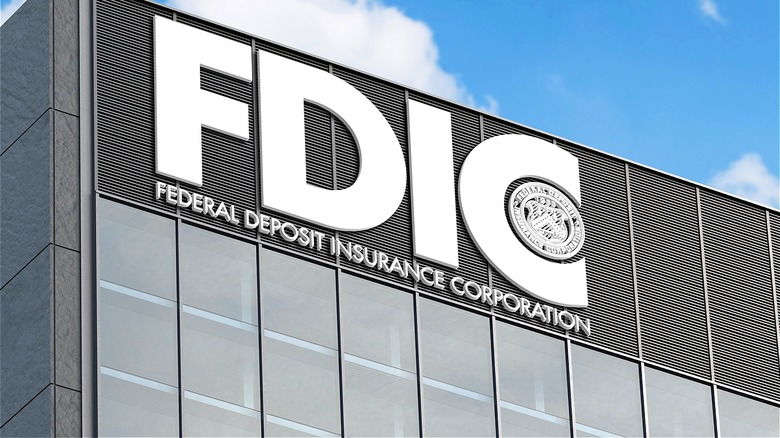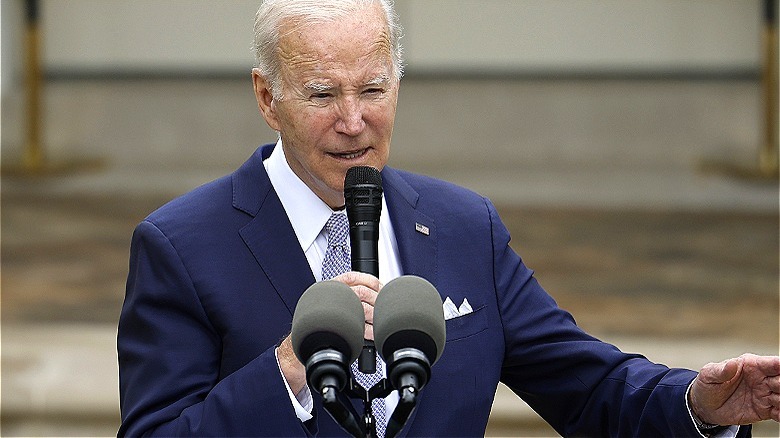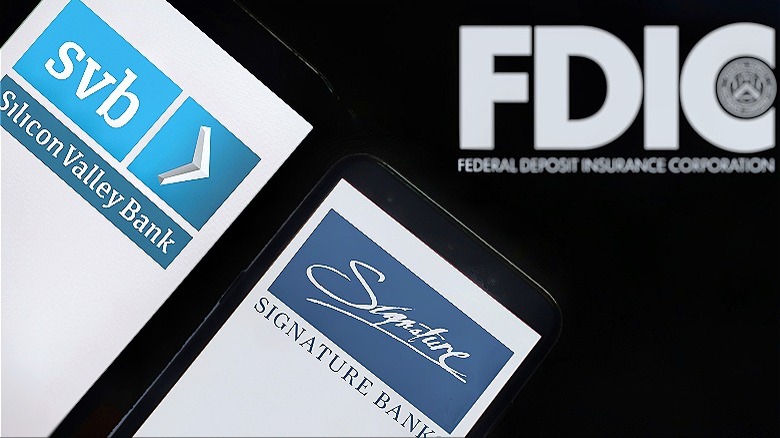What A New Chair Could Mean For The FDIC
While most wouldn't think of the Federal Deposit Insurance Corporation (FDIC) as a hotbed of scandal or controversy, the agency has recently been embroiled in revelations regarding its workplace culture, including claims of abuse, sexual harassment, and homophobia. While the agency's primary purpose is to insure consumer deposits and serve as a bank regulator, it also serves to potentially help the Biden administration's attempts both to strengthen bank regulation and overhaul existing capital requirements. These attempts have faced strong pushback from big banks and lobbyists, which has made the FDIC particularly important to the administration, and, unfortunately, made this scandal even worse.
Damaging articles in The Wall Street Journal, combined with an independent investigative report detailing the toxic workplace culture within the agency led to calls for the agency's current chairman, Martin Gruenberg, to resign. Gruenberg, who has overseen 10 of the last 13 years at the agency, was only partway through a five-year term as Chairman. In May, Sen. Sherrod Brown, chairman of the Senate Banking Committee, called on President Biden to name a new FDIC chair. "There must be fundamental changes at the F.D.I.C.," said Brown. "Those changes begin with new leadership, who must fix the agency's toxic culture and put the women and men who work there — and their mission — first." That same day (May 20), Gruenberg announced he would step down once the president had selected a replacement and Congress confirmed. The decision to wait for a replacement was largely due to the current 3-to-2 Democrat vs. Republican split on the agency's Board of Directors.
Choosing a new FDIC leader
The Biden administration put Christy Goldsmith Romero forward as the administration's official nominee in mid-June. As a longtime financial regulator and current commissioner at the Commodity Futures Trading Commission, Goldsmith Romero fits the Biden administration's push for increased bank regulation. While Goldsmith Romero's previous nominations (to other financial regulators) were unanimously confirmed by the Senate, the FDIC appointment is a taller hurdle to cross.
Bipartisanship as well as pushback from lobbyists opposed to increased bank regulation are set to slow down the confirmation process. To add fuel to the fire, having Goldsmith Romero appointed just months before the presidential election further complicates the political aspect of the process. According to Reuters, the White House is aiming to hold her first hearing the week of July 8. While speculators are confident Goldsmith Romero will have enough votes to be officially confirmed (she will need 51 Senate votes), chances are good Republicans will intentionally slow the process.
It's largely expected Republican lawmakers will take confirmation time to hold the FDIC scandal over Democrats' heads. Similarly, the FDIC's scandal will provide additional political clout for the election, especially if Republicans are able to slow down the process for weeks or even months. It's also worth noting Republicans are largely opposed to the bank regulation and capital hike campaign the Biden administration is pursuing (and will ultimately need the new FDIC chair's help to push through). There are bound to be numerous questions on this topic, in particular, throughout the confirmation process.
What a new leader could do for the FDIC
New FDIC leadership won't only help with the agency's revealed toxic culture, but also help the agency better address other important financial issues in the country. Most notably, the failure of five banks in 2023, two of which, Silicon Valley Bank and Signature Bank, were the largest banks to fail since the Great Depression. The FDIC shared some of the blame for these bank failures, having been found to have been too slow to enact supervisory action in the face of poor bank management. The Government Accountability Office also cited a failure on the part of regulators to act in time to prevent the banks' eventual failures.
Another important factor in the White House's decision to move swiftly on the appointment process of a new FDIC chair goes back to the Biden administration's bank regulation goals. President Biden's regulatory agenda includes significant capital hikes that he hopes to get passed before the presidential election. This adds an even tighter timeline to Christy Goldsmith Romero's appointment process.
While many of these regulations are opposed by big banks, Wall Street, and Republicans, they've been largely recommended by agencies like the Government Accountability Office and even the Federal Reserve, which specifically mentioned increasing capital and liquidity standards for mid-size banks in the wake of the failures of Silicon Valley Bank and Signature Bank. Increasing regulatory standards could help prevent future banks from collapsing, saving consumers from the potential loss of money (on that note, remember, the FDIC only covers up to certain amounts so don't keep too much in savings).


